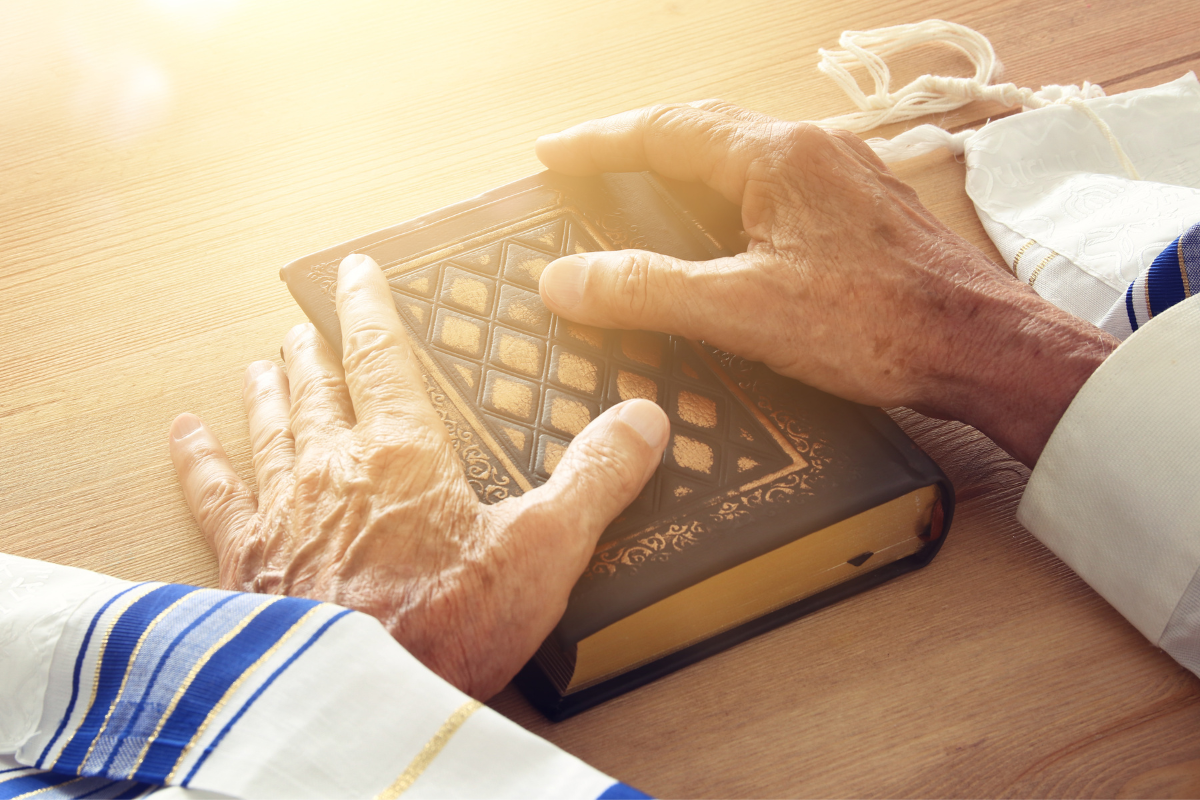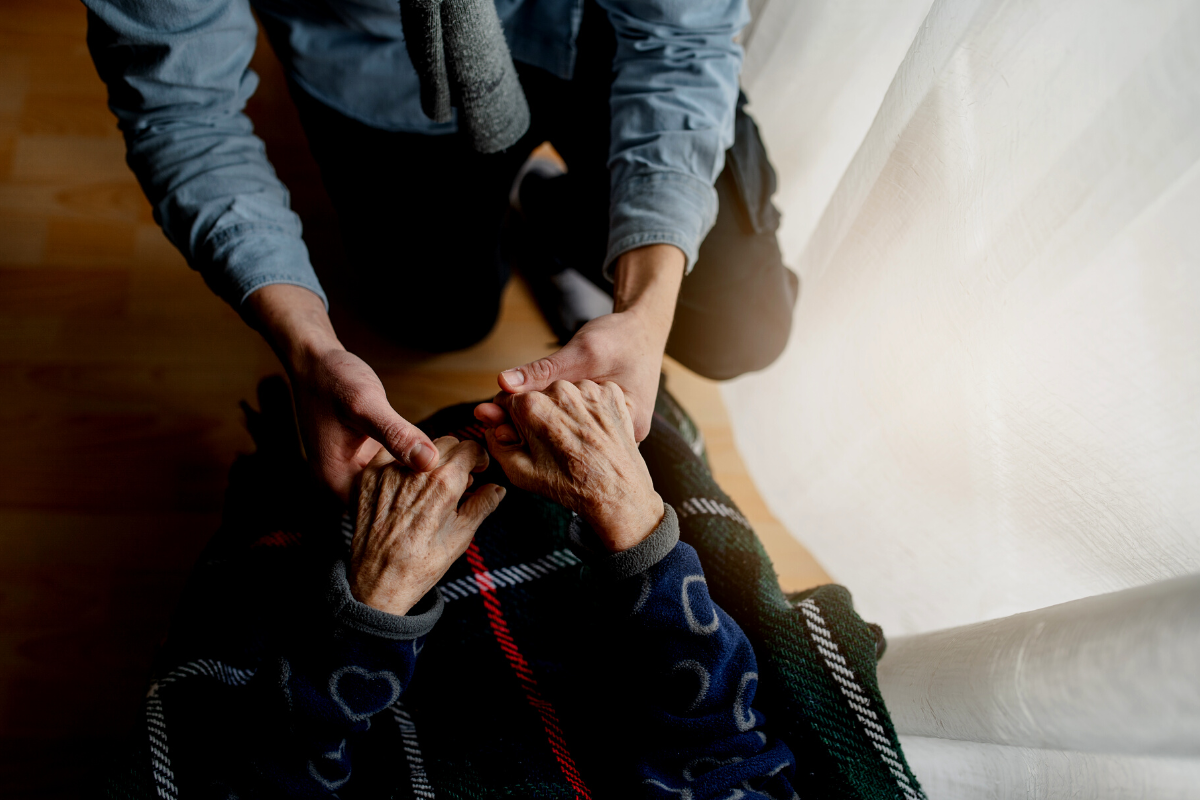The Sacred Compass: The Role of the Chaplain in Hospice Care

Hospice care is a unique and invaluable form of healthcare that focuses on providing compassionate end-of-life support to individuals and their families. In this delicate and emotionally charged environment, the role of the chaplain in hospice care is particularly significant. Chaplains play a crucial part in addressing the spiritual and emotional needs of patients and their loved ones.
A Source of Spiritual Comfort
Chaplains in hospice care are there to offer spiritual guidance, comfort, and a listening ear to patients of all faiths and beliefs. They are a source of solace for individuals who may be struggling with questions about the meaning of life, the afterlife, or the purpose of suffering. Chaplains can help patients find peace and acceptance by exploring their spiritual beliefs and providing support in their journey, helping them find meaning in their experiences.
Cultural Sensitivity
One of the key responsibilities of a chaplain in hospice care is to be culturally sensitive. Patients and families come from diverse backgrounds with a wide range of religious and spiritual beliefs. Chaplains are trained to be respectful and inclusive of these differences. They can help individuals celebrate their faith, customs, and traditions, or offer an open and welcoming presence to those who may not have strong religious ties. This inclusivity helps create a safe and supportive environment for all.

Emotional Support
The emotional challenges of facing end-of-life issues can be overwhelming. Chaplains provide emotional support not only to patients but also to their families and the hospice care team. They offer a listening ear, a shoulder to cry on, and a source of comfort during difficult times. Their presence can help reduce anxiety and depression among patients and their loved ones, creating a sense of emotional well-being during a challenging period.
Supporting Grief and Loss
Grief and loss are inescapable in hospice care, and chaplains play an essential role in helping individuals navigate these complex emotions. By facilitating open and honest discussions about death, chaplains can help families come to terms with their loss and find the strength to move forward. They can also assist with conducting funerals and memorial services.
Fostering a Sense of Connection
Chaplains are often the bridge between patients, families, and the healthcare team. They can facilitate communication, helping patients and their loved ones express their concerns, fears, and wishes. By fostering a sense of connection and understanding, chaplains help ensure that the patient's end-of-life experience aligns with their values and desires.

Education and Advocacy
Chaplains also play an important role in educating both patients and healthcare providers about the spiritual and emotional aspects of end-of-life care. They advocate for patients' rights to receive care that aligns with their beliefs and values. By raising awareness and promoting compassionate end-of-life care, chaplains contribute to the overall quality of hospice services.
Crossroads Hospice & Palliative Care supports the physical, emotional, and spiritual needs of patients. To learn more about our services, please call 1-888-564-3405.
If you found this information helpful, please share it with your network and community.
Copyright © 2023 Crossroads Hospice. All rights reserved.




